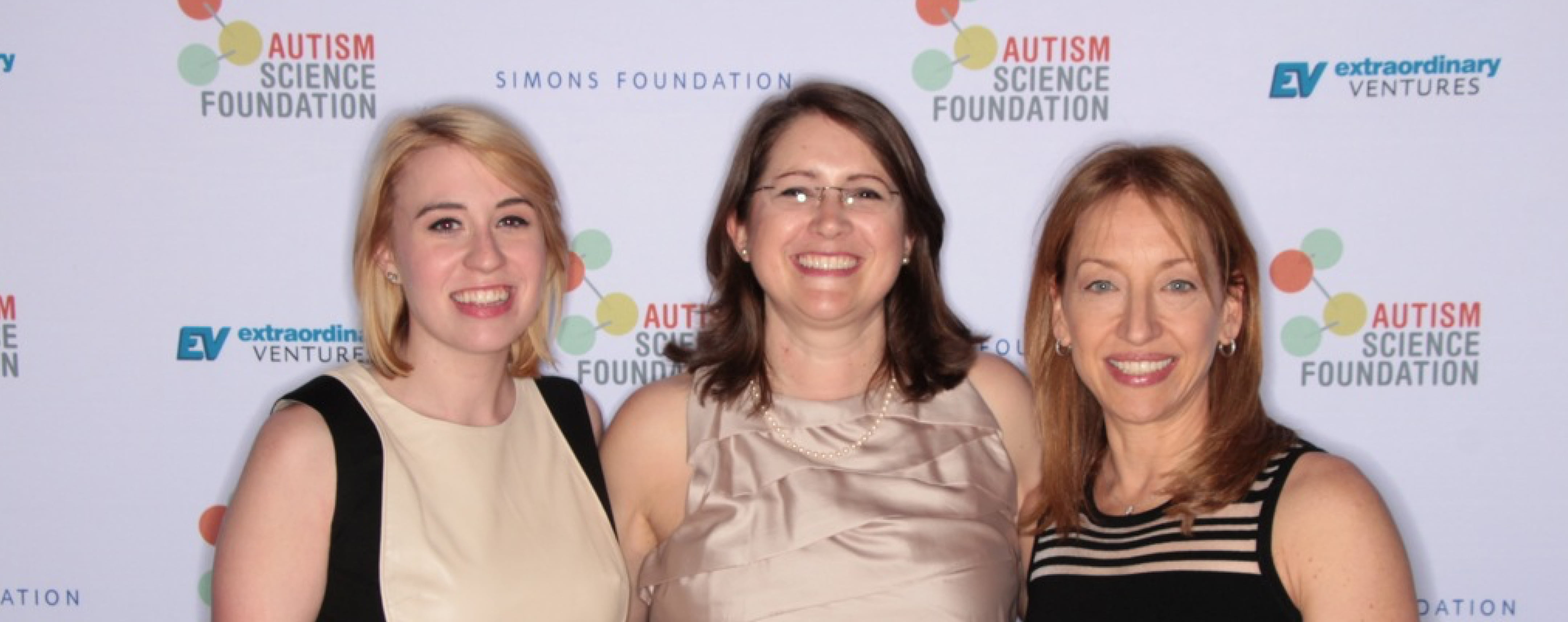Modulation of reward in a live social context as revealed through interactive social neuroscience
Social neuroscience research investigating autism spectrum disorder (ASD) has yielded inconsistent findings, despite ASD being well-characterized by difficulties in social interaction and communication through behavioral observation. In particular, specific etiologies and functional and structural assays of the brain in autism have not been consistently identified. To date, most social neuroscience research has focused on a single person viewing static images. Research utilizing interactive social neuroscience featuring dual-brain recording offers great promise for the study of neurodevelopmental disabilities. Reward processing has been implicated in the pathology of ASD, yet mixed findings have brought uncertainty about the role reward processing deficits may play in ASD. The current study employed dual-brain EEG recording to examine reward processing during live interaction and its relation to autistic traits. Sixteen typically developing (TD) adults played a competitive treasure-hunt game against a computer and against a human partner. EEG results revealed enhanced neural sensitivity to reward outcome during live interaction with a human competitor. Further, individuals with higher levels of autistic traits demonstrated reduced sensitivity to reward outcome during live interaction. These findings provide novel insight into reward processing mechanisms associated with autistic traits, as well as support the necessary utility of interactive social neuroscience techniques to study developmental disorders.
Keywords: Autism spectrum disorder; EEG/ERP; interactive social neuroscience; reward.

